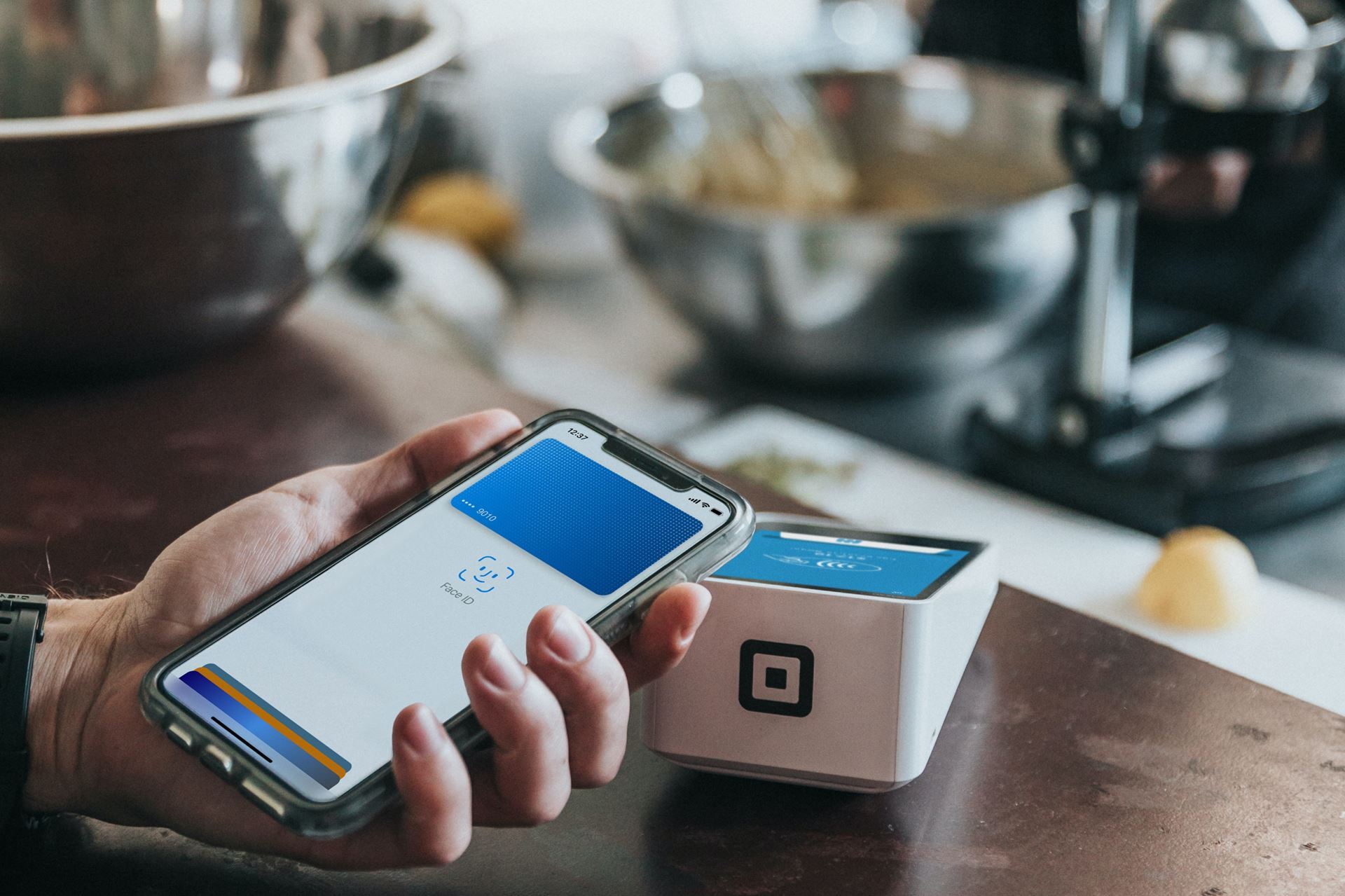
In unprecedented times, innovation moves us forward. Whether it be vaccines or drugs, 3D printed masks, or contactless food delivery services, companies are working tirelessly to mitigate challenges from COVID-19, the disease caused by the novel coronavirus.
Some of the most universal and essential of these are the most forgotten. They keep us healthy and fed—food tech.
The pandemic has had an unparalleled effect on the food system. The restaurant industry has taken one of the hardest hits, with the ripple effect throughout the supply chain just as tremendous, all the way up to farmers. Some ugly truths have been exposed. Yet, on the bright side, from technologies to prevent food waste when the distribution chain is disrupted to apps for grocery delivery, and even at home meal kits, the pandemic has inspired or accelerated food tech innovation across the spectrum—from farm to truck to table to mouth and beyond.
Millions of employees considered nonessential have been ordered to work from home forcing some food companies to take drastic profit squashing measures, such as halting production or distribution altogether. Especially for professionals like food scientists, work from home just isn’t an option.
Not all companies see this break as a disadvantage, however. Some see it as an opportunity. For instance, according to fooddive.com, Clara Foods is one of these companies. The mandate forced the company to abandon its labs in San Francisco, which have been crucial to helping create chicken-free egg whites using fermentation. "Time actually affords us the ability for our scientists and our team leaders to really breathe a little bit and really be critical and reflect on how we've been doing things in the past," Arturo Elizondo, Clara Foods' CEO, told Food Dive. "This actually gives us a big opportunity for reflection of our processes and just how will we come back and be much leaner and meaner when it comes to just how we run our day-to-day, which we've never really had an actual forced break to say, 'Okay, hit the pause button.'”
In Florida, food tech has taken many shapes and forms over the past few months.
From Farm: In South Florida, for example, larger farms like East Coast Fruits and Vegetables, Mecca Farms, Ernesto and Sons, and smaller organic farms like Kai Kai farms and Swank Farm, have been finding solutions to their surplus of produce without usual restaurant demands. The former now offer large, even up to 25 pound, boxes of fresh fruits and vegetables for $10. Their Facebook pages are updated regularly to share what’s available with the community, and pickup is quick and contactless.
To Table: With Florida having one of the oldest populations in the U.S., consisting of over 20% of the population at 65 years and older, many residents don’t feel safe shopping at high risk places like grocery stores. Fortunately grocery and meal delivery technologies including Instacart, HelloFresh, Nutrisystem, Amazon, and others offer a simple solution. Local Facebook page members have also used the platform to connect and collaborate in order to provide groceries to their senior neighbors.
With many more examples in the works, food tech is constantly devising new solutions to the day’s problems, in Florida, in the United States and across the world.
On a final note, some say many of the negative effects of COVID-19 could have been prevented with proper food technology, as much of agriculture and food is still undigitalized. For instance, according to Louisa Burwood-Taylor of AgFunderNews, the supply chain could have been more nimble and could have better helped buyers and sellers find one another. As a result of the abundance of middlemen, the existing system has been kept unchecked.
That doesn’t mean that things can’t change for the better. Traceability technology to increase transparency is more important than ever. Companies are building infrastructures for automation and e-commerce, including smaller, local farmers. COVID-19 might even create a better partnership between entrepreneurs and farmers. It might even create a different relationship between consumers and their food, possibly healthier, more equitable food.
In any case, the time is now for change, and food tech is here to stay.
Sources:
https://www.fooddive.com/news/food-tech-startup-reshapes-strategy-as-coronavirus-closes-down-lab-work/574672/
https://www.prb.org/which-us-states-are-the-oldest/
https://foodtank.com/news/2020/04/louisa-burwood-taylor-on-food-technology-during-covid-19/
 Rachel Ram is a health educator, policy advocate, adventurer, and overall foodie. Rachel earned her Bachelor of Science in Health Education, Community Health and Preventive Medicine from the University of Florida in 2017. A lifetime resident of south Florida, she now resides in Brooklyn NY working for the American Lung Association. She began her work with the Florida Food Policy Council in 2016 and continues to raise awareness on food policy issues. Besides engaging in food policy, Rachel enjoys traveling, hiking, yoga, cooking and reading.
Rachel Ram is a health educator, policy advocate, adventurer, and overall foodie. Rachel earned her Bachelor of Science in Health Education, Community Health and Preventive Medicine from the University of Florida in 2017. A lifetime resident of south Florida, she now resides in Brooklyn NY working for the American Lung Association. She began her work with the Florida Food Policy Council in 2016 and continues to raise awareness on food policy issues. Besides engaging in food policy, Rachel enjoys traveling, hiking, yoga, cooking and reading.
Disclaimer: The views of the writers do not represent the views of the Florida Food Policy Council. We are a forum for the offering and sharing of information and encourage diversity and communication within the food system.